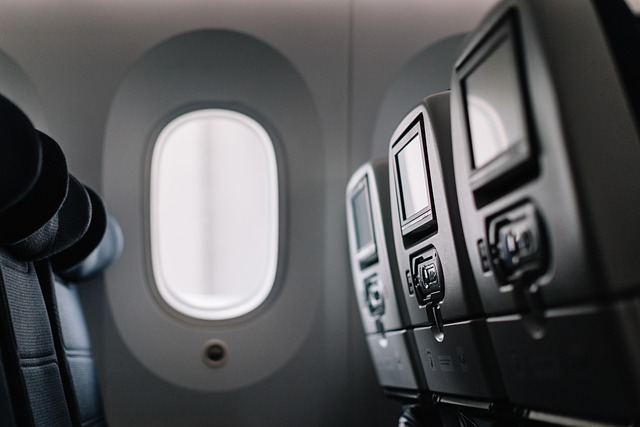Airplane tickets in Canada are influenced by different taxes and fees, often hidden within their price. Additional costs like airport fees, federal charges, and other surcharges contribute to the overall price of the airfare. Knowing these taxes would help you estimate your budget more effectively.
Another factor that reflects the air travel costs is the government regulations. The regulatory policies can significantly affect airlines’ prices and the customers’ wallets. This article will help you understand the price formation and show you how much the tickets truly cost.
Understanding the Taxes and Fees
The cost of flying in Canada includes various taxes and fees added to the base fare price. These are necessary surcharges which cover multiple services, from stay and refuelling to airport improvements, air navigation, security, and more. Much like how the government regulates and profits from the gambling industry, which includes many safe online casinos in Canada, fees and taxes affect the final price of the air travel service, raising revenue.
Taxes and Fees Affecting Canadian Airfare:
- Goods and Services Tax (GST)/Harmonized Sales Tax (HST): Applied to the base fare and some surcharges, varying by province.
- Air Travellers Security Charge (ATSC): A federal fee, typically around $9.46 for domestic flights.
- Airport Improvement Fees (AIF): Charges ranging from $10 to $25 per passenger, funding airport upgrades.
- NAV Canada Fees: Cover air navigation services, varying based on distance and aircraft weight.
If you take those off the final price, you will see that they present around 30% of it, of course, that also depends on the airline and route, but from an overall perspective, the additional fees are around that percentage. Many factors influence the final price, and distance is one of the main ones. For example, you will incur higher international or long flight charges due to additional air navigation and security fees.
Comparing Canadian Airfare Taxes with Other Countries
If you compare Canadian airfares with those of other countries, you will see that they are among the highest globally. That’s due to the effect of local taxes and fees. The average taxes applied to a ticket in Canada are approximately $83. At the same time, in countries like the US and Mexico, the imposed charges are slightly lower.
All internal/domestic flights in the USA are subject to 7.5% federal tax, $5.6 security fees, and $4.5 flight segment tax. In comparison, Mexican airlines have lower charges, which on average come to $20. This makes the final flight tickets more affordable and significantly lower than in Canada.
The Impact on the Travellers and the Economy
If you look at it from a broader perspective, you will see that the higher flying cost affects both the economy and the consumers. The higher travel costs make Canadians choose domestic vacations over international trips. They are also preventing international tourists from coming to Canada. When it comes to the economy, airfare prices significantly impact industries like hospitality and retail because they rely heavily on tourists and travellers.
A sudden drop in the number of visitors can lead to declining business revenues in those sectors. That could result in limited economic growth and job losses. The Canadian government must take a more balanced approach to taxation to address those issues, considering economic stimulation and revenue generation.
Potential Solutions
Canada could employ several measures to ease the financial burden on travellers. Reforming the aviation tax structure, implementing subsidies or incentives programs, and investing in infrastructure to improve airport efficiency and reduce operational costs. Those measures can significantly reduce travel costs and improve the overall service and economy.
Solutions to Alleviate Costs:
- Tax Reforms
- Subsidies or Incentives
- Infrastructure Investments
If these initiatives are set in motion, air travel would become more accessible and cost-effective, especially for domestic routes. That would also stimulate the economy and create a more competitive market for consumers and businesses.
Final Thoughts
As you understand from this article, the fees and taxes in Canada represent a considerable portion of the total plane ticket prices. Understanding those additional costs would help you manage your flying routes more effectively and find cheaper flights.
It is evident that reforms and solutions are needed to reduce those costs and make flying more affordable for Canadians and foreign tourists. Implementing the abovementioned measures could alleviate the financial burden on all consumers and improve the industry and the economy.

